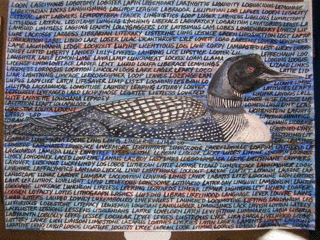Hitchens on Jefferson
Recently he wrote a book in the Eminent Lives Series (an attempt by HarperCollins to sell small biographies/sketches of famous Americans, and to "stunt cast" the writers) on Thomas Jefferson. Hitchens, a British born American citizen with a good eye for history, was a bold choice for Jefferson.
A less than 200 page book must, by necessity, be selective in its subject matter. Hitchens goes with nine chapters on Jefferson, and picks a few topics to hammer, after the obligatory biographical facts. His favorite Jeffersonian topics are slavery, Jefferson's enthusiasm for the French, the war with the Barbary Pirates, and the Louisiana Purchase.
Hitchens manages to turn more than a few phrases that are worthy of Orwell; for example, on the Declaration of Independence, he says: "There is no other example in history, apart from the King James Version of the Bible, in which great words and concepts have been fused into poetic prose by the banal processes of a committee." Refering to Jefferon's cutting and pasting the holy book with a razor blade to compose the Jefferson Bible, "throwing away the superfluous, ridiculous, and devotional parts, " he notes parenthetically that "This is an exercise that I have long wanted to repeat in the case of the multi-volume hagiography of Jefferson himself, penned so laboriously by Dumas Malone."
Hitchens is particlarly good when he analyzes the unconstitutional audacity of the Louisiana Purchase, and in telling the tale of the Barbary Pirates. (Obviously this is why the New York Times hired him to review some books on that topic). He could probably be accused of being a bit too topical on with respect to the campaign against the Muslim pirates, pointing out reverse Abu Ghraib prisons in which American captives were tortured (really tortured), and the rationale of the Ambassador of Tripoli, who, when asked by Jefferson and Jay to for the authority under which he demanded "tribute" (protection) payments, said "it was written in their Koran, that all nations who have not answered their authority were sinners, that it was their right and duty to make war upon them wherever they could be found, and to make slaves of all they could take as prisoners."
Jefferson is too big to cover in one book unless you are Dumas Malone, whose "book" is six volumes. The only Jefferson biographies I have read are those of Fawn Browdie, who mainly cared about Sally, and Willard Sterne Randall, who went on at great length about Jefferson's law practice but gave short shrift to his presidency. Hitchens' book is a nice piece of work, on a par with "American Sphinx." It is a good, brief read that will get you thinking.





